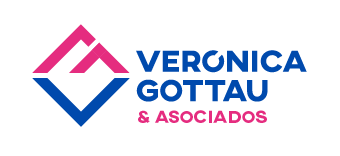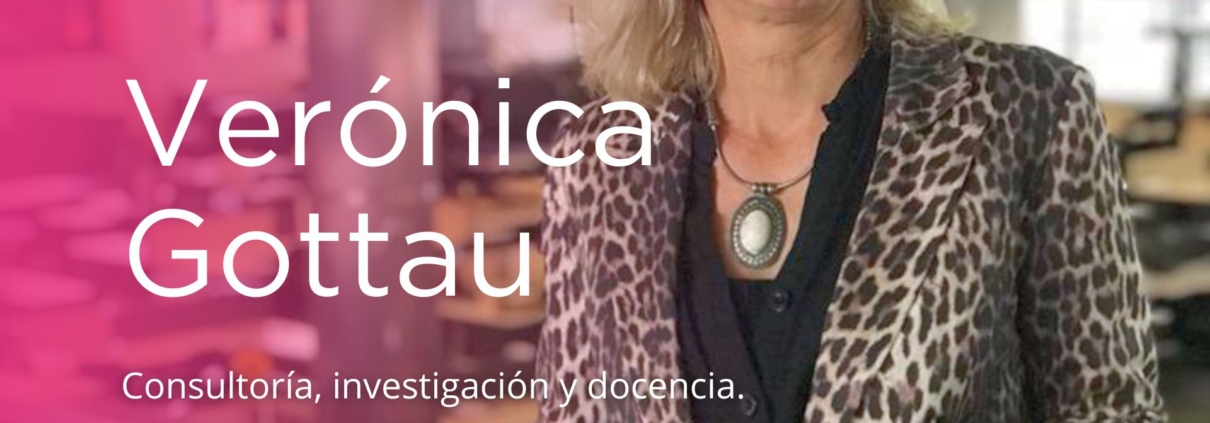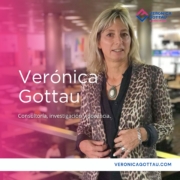Verónica Gottau
Consulting, Research, and Teaching.
Veronica, ¿how do you project your brand in the medium term?
I project my brand for the next 7 years. My niche is middle management in growing SMEs. My goal is to position myself in the market as a Boutique Consultancy, meaning that I don’t have a pre-established discourse or predetermined solutions. My consulting service is nurtured by and cultivates each organizational culture.
What are your unique selling points in the industry?
There are three unique selling points: the way I conceive consultancy, the way I practice consultancy, and the theory on which I base my work.
Regarding the notion or conception of consultancy, my great achievement was being able to find my uniqueness, which is the fusion of my other two professions: qualitative research and teaching. This uniqueness essentially consists of practicing consultancy as a space for reflection that allows us to think about the work we do and generate our own knowledge from there. Unlike generic knowledge acquired in a course, seminar, or university, this knowledge is situated and arises from the organizational culture itself.
The second differentiating factor is the way I practice consultancy. Here, my particularity is also nourished by the fusion of research methodology and teaching tools. My years of experience as a researcher in education allow me to use resources derived from observation and case analysis. For example, the development of a working method in terms of variables to study different issues or the ability to clearly define my unit of analysis. Similarly, my role as a guide or facilitator in this space of reflection, the core of consultancy, comes from my years of experience in the classroom. Knowing the process and timing of learning, which are not always the same, enables me to assess if the person understands the advisory proposal and can appropriate it. We know that saying something does not necessarily mean it has been learned.
In the relationship we establish with the person being advised, I bring forth my own sensitivity and that of the other. We have found that learning occurs when the client emotionally engages with what they are contemplating. They often tell me, «I realized that…» regarding topics we have been working on, and that insight, which implies learning, occurs when the work feels personal. In this case, it is more about ‘aprehending’ (capturing) with an «H,» according to the RAE (Royal Spanish Academy) definition.
My third differentiating factor is that I take Elliot Jacques’ Theory of the Required Organization as a guide. This theory began to develop in the mid-20th century in the United Kingdom. One of its major contributions was establishing a parallelism between the organizational strata of a company, with increasing levels of complexity – the Stratified Systems Theory – and the complexity of mental processes, which refers to individuals’ mental processing capacity. In other words, the amount of variables or level of uncertainty we can tolerate should be related to the complexity that arises as we ascend in the organizational strata, within which middle managers of growing SMEs assume their tasks.
My boutique consultancy service is the synthesis of my uniqueness and the singularity that derives from the fusion of my three professions: research, teaching, and consultancy, which enrich the various meanings I have discovered in the practice of each of them.
If you were to start over, what would you do differently?
One thing I’ve learned is that nothing can exist outside of a relationship. If I were to start over, I would begin by focusing on the relationship that permeates every human endeavor and desire, as it is fertile ground for any goal you set.



